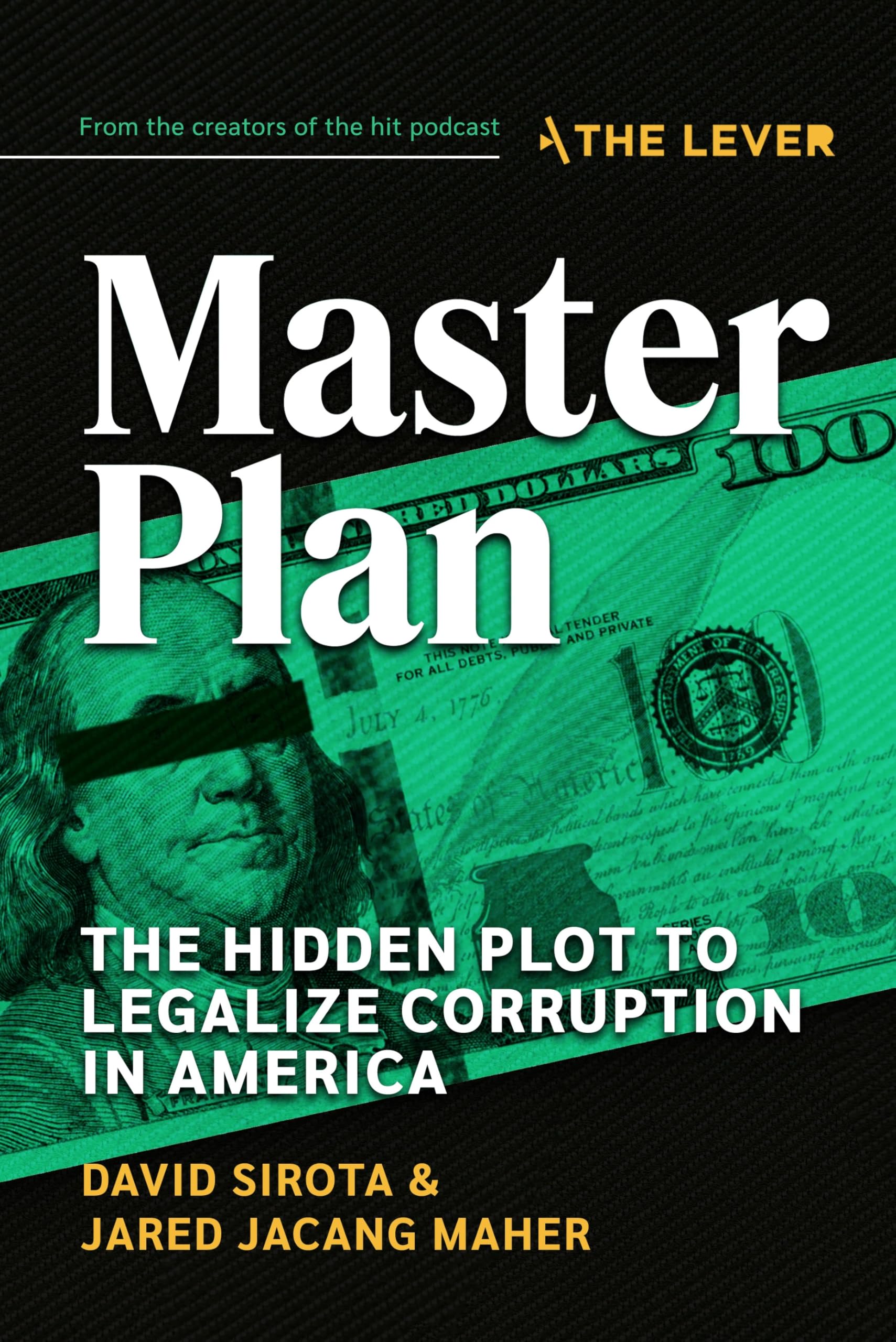In 1971, future United States Supreme Court Justice Lewis F. Powell was alarmed. The forces he believed were threatening corporate America—consumer advocates, labor unions, environmentalists, and left-wing radicals—appeared to be gaining momentum. At the center of this movement was a 37-year-old legal crusader named Ralph Nader, whose name had become synonymous with holding corporations accountable. Nader wasn’t just a thorn in the side of big business—he was a bona fide celebrity. Whether he was suing General Motors for concealing auto defects or exposing deceptive advertising practices, Nader dominated headlines, shining a spotlight on corporate misconduct and government corruption.
Nader’s crusade for corporate accountability was capturing the public imagination. He was reshaping the national conversation about government oversight, and the media couldn’t get enough of him. That June, Esquire magazine featured Nader on its cover with the headline: “Ralph Nader can be the next President of the United States.”
For Powell, the breaking point came when Fortune magazine—a publication for the business elite—published a nine-page profile of Nader. To Powell, the Fortune piece confirmed his worst fears: Nader and his allies were no longer just an annoyance—they had become an existential threat to the free enterprise system. The anti-corporate movement was no longer a fringe cause; it was becoming mainstream.
So on August 23, 1971, Powell put pen to paper to reverse this dynamic, through an open letter to the business community. Marked “confidential,” the message was far more than a business proposal—it was a battle plan. Powell opened with urgent and stark language, framing the situation as nothing less than a crisis for American capitalism. “No thoughtful person can question that the American economic system is under broad attack,” he wrote. He described a “shotgun attack” undermining public confidence in “capitalism” and “the profit system,” and singled out Ralph Nader as the most dangerous figure leading the charge. “Perhaps the single most effective antagonist of American business is Ralph Nader,” Powell declared, “who—thanks largely to the media—has become a legend in his own time and an idol of millions of Americans.”
Powell identified the media as a critical front in this ideological battle. He argued that news outlets played a central role in shaping public opinion, and he urged businesses to monitor and counteract their influence. He singled out television as a particularly powerful medium but also emphasized the importance of infiltrating radio, scholarly journals, books, and even paid advertisements. He called for businesses to keep television “under constant surveillance” and to actively shape narratives favorable to the free enterprise system.
